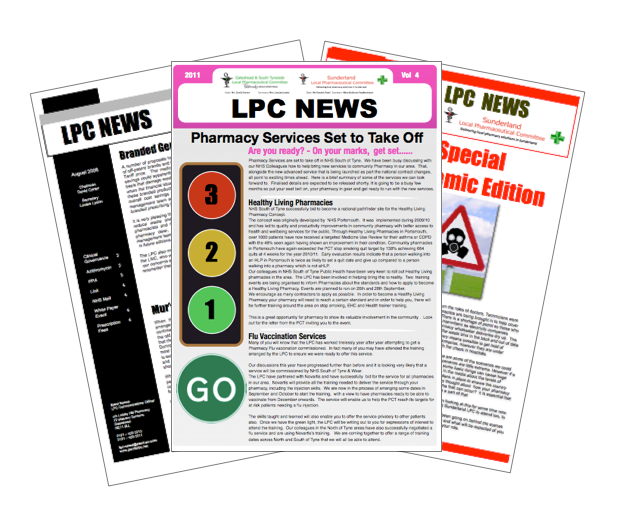
It is important to note, that it is common to require more than one attempt at CPPE e-assessments before passing and also that if a pharmacy professional, who is required to complete the CPPE risk management training, fails the e-assessment, they will not be able to re-take the assessment for 20 hours. Contractors are therefore advised to consider these points to ensure staff are given enough time to complete their training and pass the e-assessment before the review point.
The first training package is the CPPE Risk management guide and e-assessment, which relates to the first element of the following quality criteria:
- On the day of the review, 80% of all registered pharmacy professionals* working at the pharmacy have satisfactorily completed the CPPE Risk Management training; and the pharmacy has available for inspection at the review point, at premises level, an example of a risk review that the pharmacy team at the premises have drawn up for a risk in that pharmacy that has been identified and prioritised with identified risk minimisation actions that the pharmacy team is taking.
The second training package is the CPPE Children’s oral health e-learning (in the form of a video) and e-assessment, which relates to the second element of the following quality criteria:
- On the day of the review the pharmacy is a Healthy Living Pharmacy level 1 (self-assessment) and; 80% of staff working at the pharmacy (including pharmacy professionals*) that provide healthcare advice to the public have successfully completed the CPPE children’s oral health training assessment.
PSNC has produced a CPPE Children’s oral health record sheet which contractors can choose to use to record details of the members of staff who have watched the e-learning video and successfully completed the e-assessment.
Contractors are advised to retain copies of the CPPE certificates of completion for all staff members after they have passed the relevant e-assessments as evidence of meeting the two quality criteria.
*Pharmacy professionals are pharmacists and pharmacy technicians.
FAQsQ. Are locum staff included in the requirements to complete the CPPE learning packages and e-assessments?
Yes. This includes locum staff working in the pharmacy on the day of the review so contractors should encourage temporary staff, such as locum pharmacists, to undertake the training and e-assessments.
Q. Are part-time staff included in the requirements to complete the CPPE learning packages and e-assessments?
Yes. This quality criterion applies to all relevant staff members working at the pharmacy. The number of hours a member of staff is employed for is not relevant for the two quality criteria.
Q. Are non-GPhC registered staff able to register with CPPE to complete the children’s oral health training?
Yes. CPPE has enabled staff who are not registered with the General Pharmaceutical Council (GPhC) to register on the CPPE website as ‘non-registrants’ to complete this training material.
If contractors have members of staff who are unable to register with CPPE, e.g. those not having a work or personal email address to access registration, then they can complete the children’s oral health e-assessment without registration.
While this will enable the staff member to undertake the e-assessment and, when successful, print off or save the PDF certificate as evidence of meeting this criterion, this will, however, need to be done immediately after the e-assessment as it cannot be saved on the CPPE website. It will also not be possible for CPPE to provide any personalised support, feedback or a CPPE record for that member of staff. Contractors are therefore recommended to encourage members of staff to register with CPPE to complete the e-assessment if at all possible.










 RSS Feed
RSS Feed
